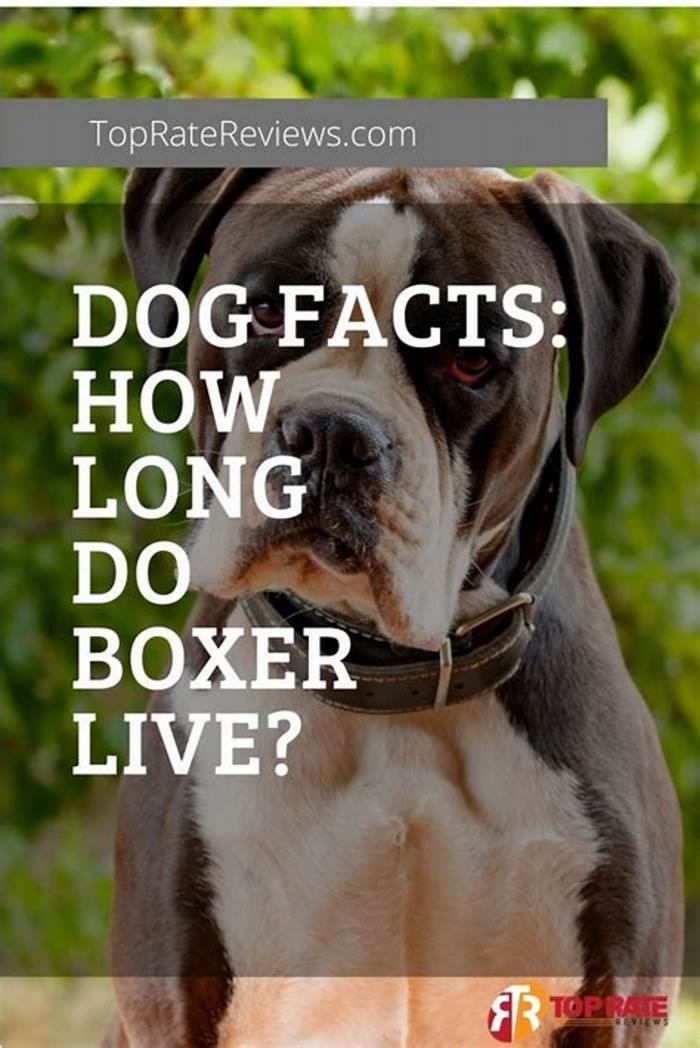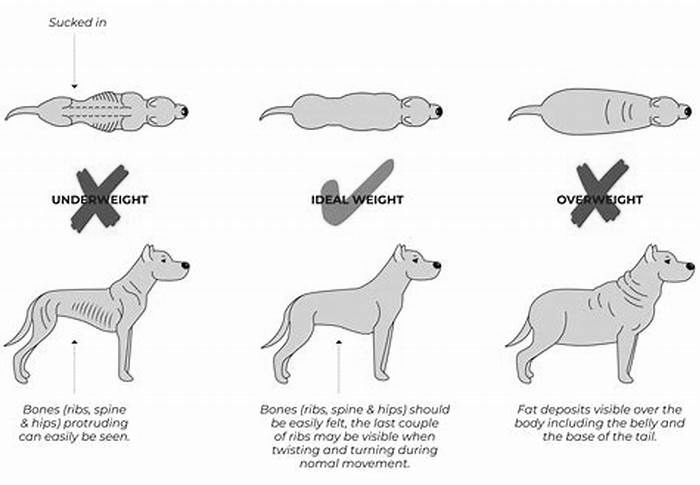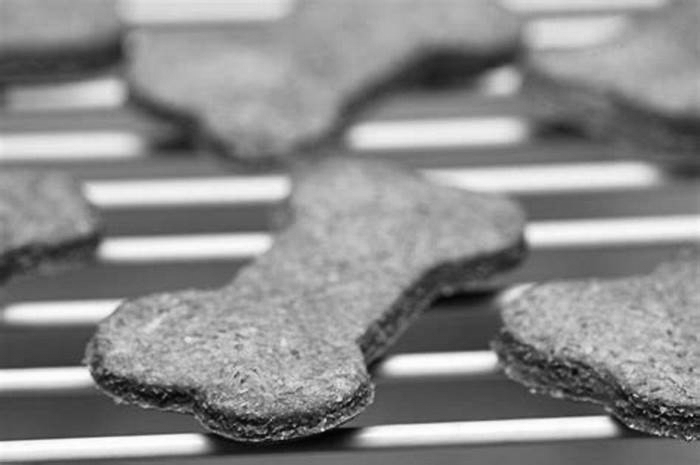How to make your Boxer live longer
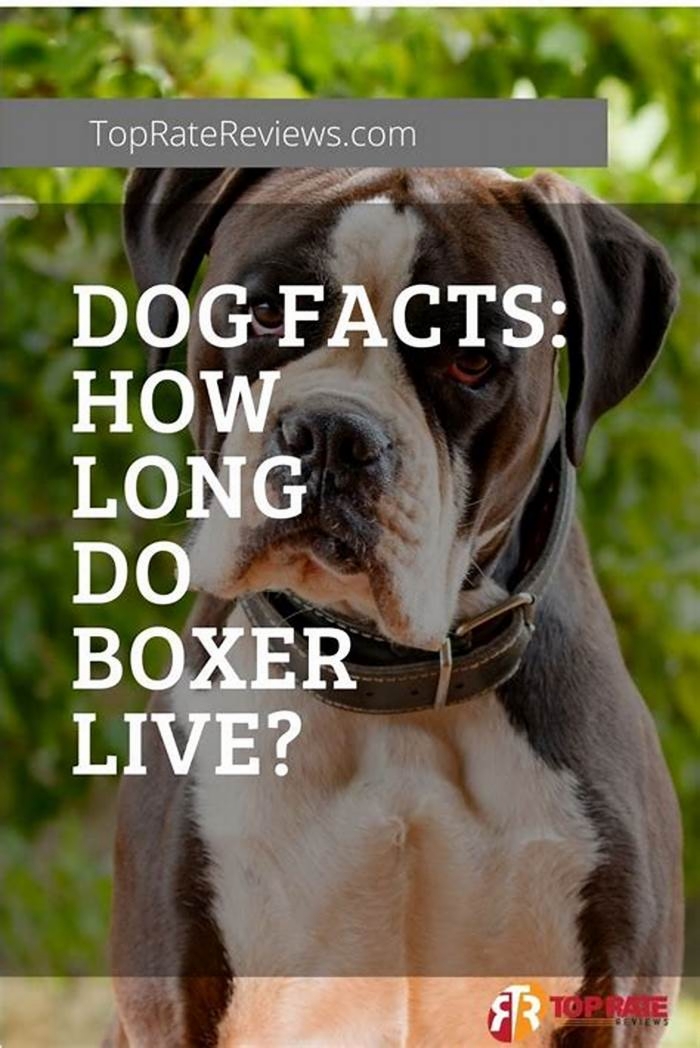
How Long Boxers Live. How to Make Boxers Live Long
Quick Links: Table of Contents
How Long Boxers Live. Boxer Life Expectancy
Generally, the lifespan of the Boxer is from 10 to 12 years.
Moreover, a few years back, British Veterinarinan researchers performed a scientific study to determine the lifespan of the Boxer. In this study, the scientists collected data on how long 130 pet Boxers lived.
From the study, it was found that Boxers have a average lifespan of 10.2 years. Furthermore, the study found that Boxers can live for as long as 15.2 years.
Furthermore, researchers from the University of Georgia conducted a study to find out what are the top causes of death in Boxers.
According to the study, the top 5 causes of death in Boxers are:
- Neoplastic Disease: Issues involving tumors
- Neurologic Disease: Refers to problems with the brain, nerves, and spinal cord.
- Cardiovascular Disease: Encompasses heart problems, blood pressure issues, and bleeding/clotting problems. CV issues may also be related to lung and/or breathing problems.
- Gastrointestinal Disease: Any problems that affect the mouth, esophagus, stomach, intestines, colon, or rectum.
- Hematopoietic Disease: Problems having to do with platelets, blood vessels, or clotting factors.
In this article, we will explain each of these diseases and discuss how to prevent the early occurence of each in your Boxer to make your Boxer live a longer.
Also, in this article, we will discuss other things you can do to ensure that your Boxer have a longer than average lifespan.
Do you want to know how old your Boxer is in human years? Then, check out our Boxer age to human years calculator
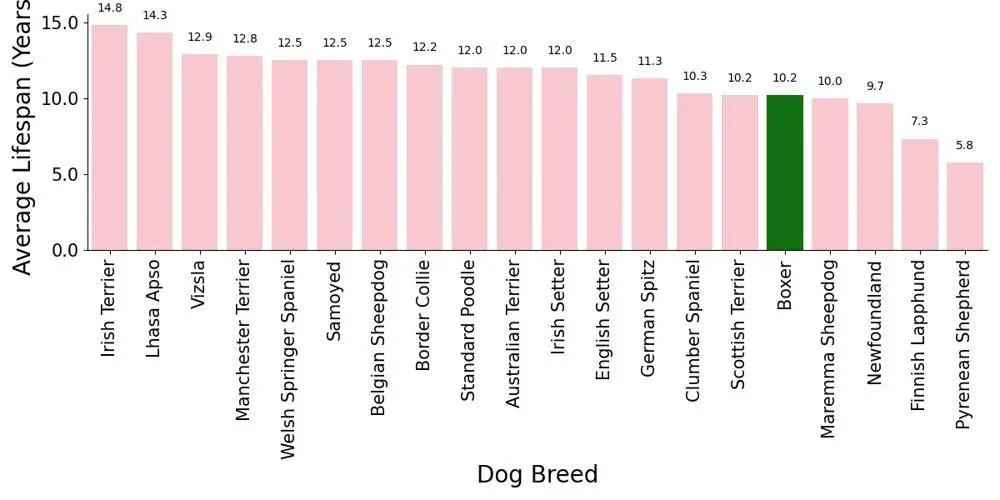
Lifespan of the Boxer Compared to Other Dog Breeds
See in the table below how the lifespan of the Boxer compares to the lifespan of other dog breeds.

Common Causes of Death in Boxer, and how to Prevent Them.
We will now discuss the common causes of death in Boxer, according to scientific research. Also we will provide you advice on how to prevent these problems in your Boxer.
Here are the causes of death, starting from the most common cause
Neoplastic Disease in Boxers
Neoplasms, or tumors, can be benign (like a lipoma), or malignant (cancer).
Neoplastic Disease is responsible for 44.3 percent of all deaths in Boxers.
Causes of Neoplastic Disease in Boxer
Neoplasms in dogs, just like in people, are caused by either a genetic predisposition (like some breast cancers), an environmental factor (like smoking in humans), or a combination of both.
How to Prevent Neoplastic Disease in Boxers
Just like in humans, there is little you can do to prevent cancers that are caused by genetic factors. You can, however, reduce the environmental risks that are associated with cancer. The `environmental` causes of neoplasia are chemical agents, infectious agents, and physical agents. An example of a chemical agent that could cause cancer in Boxers (and humans) is asbestos. An example of an infectious agent that could cause cancer in Boxers is the virus called canine adenovirus. An example of a physical agent that can cause cancer in Boxers is UV radiation from the sun, just like in humans.
Another way to prevent neoplasms in Boxers is to vaccinate them against harmful viruses, such as canine adenovirus (DHPP vaccine at 8 and 12 weeks and then once a year, every year). As in humans, early diagnosis is the key to supporting Boxers with neoplasms, so talk to your veterinarian if you find any new lumps, bumps, or discoloration on your Boxer. You should also talk to your veterinarian if your Boxer`s gums look pale.
Neurologic Disease in Boxers
These problems include canine cognitive disfunction, dementia, stroke, Lyme disease, and more.
Neurologic Disease is responsible for 18.2 percent of all deaths in Boxers.
Causes of Neurologic Disease in Boxer
Neurological issues can be caused by vascular disease, inflammatory disease, infectious disease, metabolic disease, cancer, and developmental disorders.
How to Prevent Neurologic Disease in Boxers
Some neurological problems can be caused by infectious agents, like Lyme disease. You should always get your dog vaccinated with the course recommended by your veterinarian.
Cardiovascular Disease in Boxers
Cardiac problems may include valvular and vascular disorders, which ultimately lead to the heart`s inability to pump oxygen-rich blood to tissues. Cardiac issues can be acute or chronic, and can lead to progressive heart failure or sudden death.
Cardiovascular Disease is responsible for 13.4 percent of all deaths in Boxers.
Causes of Cardiovascular Disease in Boxer
Heart disease in Boxers may be caused by genetic (inherited) factors, lack of exercise, and poor diet. Heart disease can also be caused by infections such as bacteria (endocarditis, myocarditis, and more) as well as viruses, fungi, and parasites (heartworm).
How to Prevent Cardiovascular Disease in Boxers
You can prevent heart problems in your Boxer by exercising your Boxer regularly and feeding your Boxer a good diet. Heartworm, which causes heart problems, is also very easily avoided by using preventatives.Giving your dog the following supplements can help prevent heart diseases. Here is a good supplement that can prevent heart problems in your Boxer. The supplement is not only good for your Boxer`s heart, but it is also good for your Boxer`s overall health.
Gastrointestinal Disease in Boxers
Gastrointestinal diseases includes vomiting, diarrhea, nausea, stomach upset, blockages, toothache, constipation, and more.
Gastrointestinal Disease is responsible for 11.8 percent of all deaths in Boxers.
Causes of Gastrointestinal Disease in Boxer
GI problems can be caused by a lot of different things. Often, GI problems like vomiting and diarrhea are caused by things that were eaten. It is best not to let your Boxer eat human food or anything it finds outside, including garbage, plants and berries, fecal matter from other animals, and more. Vomiting, diarrhea, and stomach upset can also be caused by bacterial, viral, and parasitic infections. Another important sign of GI problems is when your Boxer stops eating or eats less than usual. This can be caused by many things; sometimes it could be that your Boxer is feeling nauseous, sometimes it could be that your Boxer has mouth pain, and more. In these cases, it is best to see a veterinarian to get to the root of the problem.
How to Prevent Gastrointestinal Disease in Boxers
An easy way to protect your dog from gastrointestinal problems is to make sure they are on heartworm, flea, and tick medicine all year long (no matter where you live). Many heartworm medications can also de-worm your dog every time you give a dose. This can prevent nasty parasites from settling into your dog`s intestines and causing pain, anemia, and other serious issues. Another way you can keep your dog feeling good is by taking good care of their teeth! This is especially an issue in small dogs. The best way to care for dog teeth is by cleaning them a few times a week. Here is a great brush for cleaning your Boxer`s teeth.However, if your dog will not allow you to do that, dental treats like these are a good second option.
Hematopoietic Disease in Boxers
Normally, the body can regulate its own blood pressure and fluid volume without outside help. However, issues in hematopoesis can cause high or low blood pressure, blood clots, edema (fluid where it`s not supposed to be, like in the lungs), and even shock.
Hematopoietic Disease is responsible for 11.8 percent of all deaths in Boxers.
Causes of Hematopoietic Disease in Boxer
The causes of hematopoietic problems usually involve inflammation and immune responses gone wrong. This can cause congestion, hemorrhage, and many more problems.
How to Prevent Hematopoietic Disease in Boxers
Talk to your veterinarian if your dog`s gums or skin look very pale or very red. It`s also a good idea to talk to your vet if your dog is experiencing exercise intolerance. Many parasites can cause internal bleeding, so you should have your dog on flea, tick, and heartworm preventatives all year round. Here is a good flea and tick prevention medication (buy the box associated with your pet`s weight!).


How Old is Your Boxer in Human Years
The table below shows your human years equivalent age of your Boxer. This table is based on a dog-to-human age study conducted by researchers from Purdue University.
Learn more about how old your Boxer is in human years here.
In 1997, researchers from Purdue University developed a method for converting a dog`s age to its human age. Their method was based on the 1953 work of the French Veterinarian, A. Lebeau that we discussed above.
Researchers from Purdue University took Lebeau`s work further by taking into account two important factors to develop a more accurate method for converting a dog`s age into its human equivalent age:
- The size of the dog: Smaller dog breeds live longer than larger breed dogs
- The lifespan of the dog: Dog breeds that live longer lives will age slower than dog breeds that live shorter lives
The average lifespan of the Boxer is 10.2 years.
Boxers are medium-sized dogs. Boxers weigh 60 to 70 pounds.
The method developed by the Purdue University veterinarian researchers took into account the lifespan and size of Boxer in converting Boxer age to human age.
The researchers used data on the lifespan and weight of 5,608 mixed breed dogs and 17,927 purebred dogs to develop their method for converting the ages of dogs (of different breed sizes and lifespans ) to their equivalent human ages.
The calculator below lets you convert your Boxer`s age to its human age based on the Purdue University method. Just enter your Boxer`s age in the calculator and it will compute your Boxer`s human age. If you do not know your Boxer`s exact age, enter an approximate age in the calculator.
Also, the table below shows how old your Boxer is in human years based on the method developed by the researchers.
Note that your Boxer`s human age changes day by day. Therefore, always check back to use the calculator to find your Boxer`s up-to-date human age.
Boxer Age to Human Age Calculator (Purdue Uni. Method)
Below is a Boxer age to human age calculator that is based on the methods developed by researchers from Purdue University.
The calculator will tell your Boxer`s human age based on your Boxer`s dog birthday. Also, the calculator will tell you which day is your Boxer`s human birthday! Try it out!
| Boxer Age (Years) | Human Age (Years) |
|---|---|
| 1 | 14 |
| 2 | 21 |
| 3 | 26 |
| 4 | 32 |
| 5 | 37 |
| 6 | 42 |
| 7 | 46 |
| 8 | 50 |
| 9 | 54 |
| 10 | 58 |
| 11 | 62 |
| 12 | 66 |
| 13 | 71 |
| 14 | 75 |
| 15 | 80 |
| 16 | 85 |
How Long Do Boxers Live in Human Years?
The average lifespan of the Boxer is 10.2 years. In human years, the Boxer lives for 59 years.
How Old is 3-year-old Boxer in Human Years?
A 3-year old Boxer is 26 years old in human years.

How Old is 4-year-old Boxer in Human Years?
A 4-year old Boxer is 32 years old in human years.

How Old is 5-year-old Boxer in Human Years?
A 5-year old Boxer is 37 years old in human years.

How Old is 7-year-old Boxer in Human Years?
A 7-year old Boxer is 46 years old in human years.

More Ways to Make Your Boxer Live Long
Here are more things your can do to make sure your Boxer live a long life:
Regular Exercise: Research studies have shown that one of the very effective ways to make a dog live long is to ensure that a dog is in good shape. Adequate exercise will make your Boxer fit and make it live longer.
Good Diet: A poorly-fed, underweight Boxer does not have a good chance of living a long life. Similarly, an overweight Boxer will have a shorter lifespan than a Boxer that is of normal weight. Therefore, it is important that your feed your Boxer high-quality dog food without overfeeding your Boxer. Check out our Boxer feeding guide here. Learn how you can prevent your Boxer from being overweight here.
Proper Hydration: Water is essential for your Boxer existence. Therefore, you should make sure your Boxer has access to clean water whenever your Boxer needs water. However, too much water is bad for your Boxer. See our Boxer water drinking guide to learn more on how to properly hydrate your Boxer.
Spaying/Neutering: Sterilizing your Boxer might prolong its life. Check out this guideline to know when it is the best time to spay/neuter your Boxer.
Routine Vet Care: Regular preventative visits to the vet can help catch diseases early.
Vaccinations: Always make sure your Boxer is up to date on its vaccination.
Dental Hygiene: Your Boxers teeth can get infected, and if the infection goes unnoticed, that infection can spread to other parts of the body and become systemic. This could lead to a shortened lifespan. You must have your Boxer teeth cleaned professionally at your vets office a couple of times in its lifetime. Talk with your vet about the best ages to have these cleanings done.
Conclusion on Boxer Life Expectancy
We hope the information we have provided will help your in increasing your Boxer`s life expectancy.
Tate Ackerman contributed to this article. Tate is a second-year veterinary student at Kansas State University. Tate is also a concurrent Ph.D. student. She has a lot of experience reading scientific literature and communicating that information to a non-veterinary audience. Tate was a veterinary technician for a companion animal practice before she applied to veterinary school.
